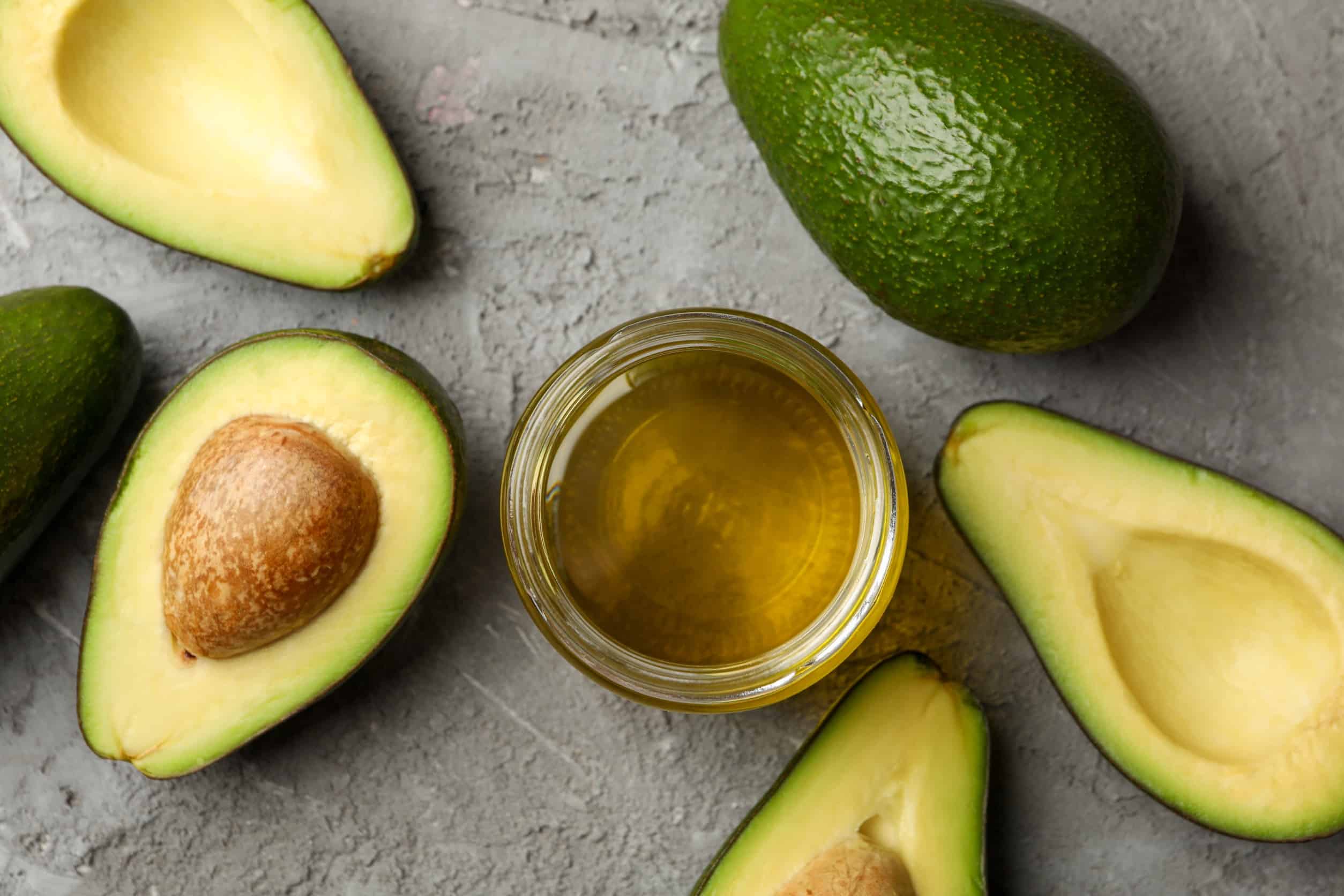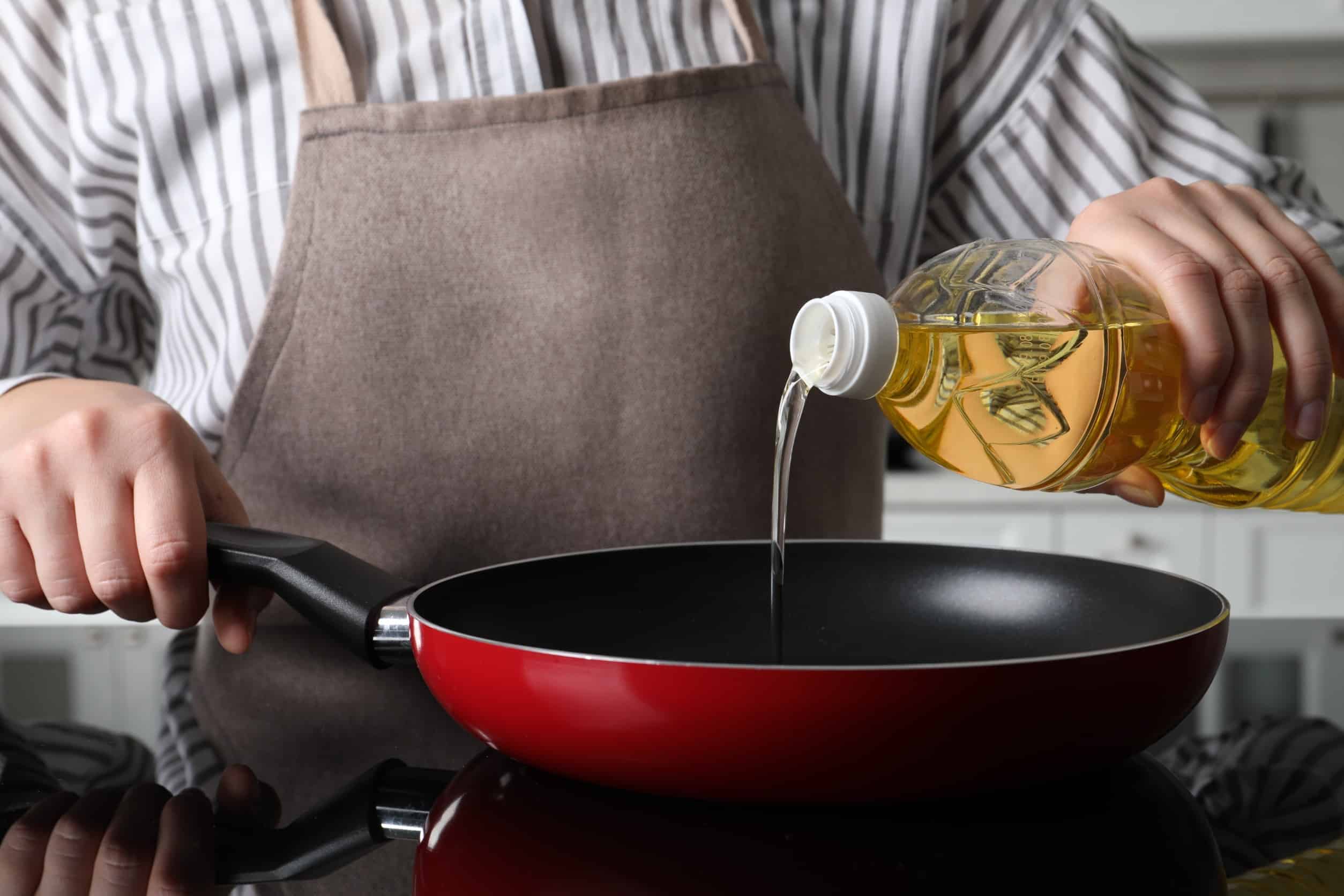Cooking oil is an indispensable ingredient in every kitchen, but with so many types available on the market, it can be difficult to choose which one to use.
The shelf life of cooking oils can vary widely depending on the type of oil, storage conditions, and manufacturing process. But there are some oils available on the market that can last for months or even years, while others should be used within a few weeks of opening.
That is why it’s important to investigate different types of cooking oils and compare their shelf lives, so you can decide which option offers the longest shelf life for your needs.
In this article, we will explore the longest-lasting cooking oils available on the market, compare their shelf lives, and provide tips on how to properly store cooking oils so you can get the most out of your purchase.
Types of Cooking Oils with Long Shelf Lives
When it comes to long-lasting cooking oils that can be stored for months or even years without going rancid, there are plenty of options on the market. Some of the more popular choices include:
1. Olive Oil

If you are looking for long-lasting cooking oil, then olive oil should be one of your first choices.
Aside from its health benefits, olive oil has a relatively long shelf life because its fatty acids are more stable and less prone to oxidation. As such, it can last for up to two (2) years when stored in a cool, dark place.
It can even have a longer shelf life if you use extra-virgin olive oil instead of just refined olive oil. The former has more antioxidants than the latter, which means that it’s better protected from oxidative damage and can be stored for longer.
Pros:
- Contains heart-healthy monounsaturated fatty acids
- High in antioxidants and anti-inflammatory compounds
- Good for salad dressings and low-heat cooking
- Longer shelf life compared to other oils
Cons:
- It has a low smoke point, so it is not suitable for high-heat cooking
- Expensive compared to other oils
2. Coconut oil
Among the common cooking oils, coconut oil generally has the longest shelf life because it is high in saturated fats, which are very stable and resistant to oxidation.
Furthermore, the manufacturing process for refined coconut oil often involves removing impurities and moisture, which also helps to increase its shelf life.
Refined coconut oil can last for up to 3 years if stored in a cool and dry place like your kitchen cupboard.
Pros:
- High in medium-chain triglycerides, which can promote weight loss and improve brain function
- Can withstand high heat, making it ideal for cooking and frying
- Long shelf life
Cons:
- High in saturated fats, which can increase bad cholesterol levels if consumed in excess
- Its strong flavor may not be suitable for all dishes
3. Avocado Oil

Avocado oil is a healthy cooking oil that is rich in vitamins and can lower bad cholesterol levels. It also has a high smoke point and a long shelf life, making it perfect for barbecue nights and outdoor cooking adventures.
This amazing cooking oil can last for up to 12 months when stored properly.
Pros:
- Rich in monounsaturated fats, which can lower bad cholesterol levels
- High smoke point, making it suitable for high-heat cooking
- Mild flavor that can complement a variety of dishes
- Long shelf life
Cons:
- More expensive compared to other oils
4. Canola Oil
Canola oil is a popular cooking oil that is low in saturated fats and high in polyunsaturated fatty acids, which make it resistant to oxidation and therefore has a long shelf life.
Canola oil can last for up to 1 year if stored in a cool, dark place.
Pros:
- Healthy for the heart
- Neutral taste that can work with many different types of dishes
- Long shelf life
Cons:
- May be highly processed and contain additives
- Can have a slightly bitter aftertaste
5. Peanut Oil
Peanut oil has a high smoke point, making it ideal for frying foods. It also has a relatively long shelf life, lasting up to 12 months when unopened and stored in a cool, dark place.
But after it has been used once, the bottle has to be emptied in around 6 months before it expires.
Pros:
- High smoke point, making it ideal for frying
- A mild flavor that can work with many different types of dishes
Cons:
- High in omega-6 fatty acids, which can cause inflammation if consumed in excess
- Not suitable for those with peanut allergies
6. Rice bran Oil
Rice bran oil is an antioxidant-rich cooking oil with a high smoke point.
It is also low in saturated fats, making it a beneficial option for those seeking heart-healthy oils. When stored properly in an airtight container, rice bran oil can last up to 2 years.
Pros:
- High in antioxidants and vitamin E
- It has a mild flavor that can work with many types of recipes
- A high smoke point, making it suitable for high-heat cooking
Cons:
- May not be as widely available as other oils
- More expensive compared to other oils
7. Sunflower Oil

Sunflower oil is a popular cooking oil with an irresistibly mild flavor and high smoke point. Due to its polyunsaturated fat content, sunflower oil has remarkable oxidation resistance and can last up to 1 year in proper storage.
Pros:
- Rich in polyunsaturated fats that can lower bad cholesterol levels
- Neutral flavor that can work with many different types of dishes
- A high smoke point that is perfect for high-heat cooking
Cons:
- It is high in omega-6 fatty acids, which can cause inflammation if consumed in excess
- It may not be as stable and may have a shorter shelf life compared to other oils
Proper Storage Tips for Cooking Oils
Proper storage of cooking oils is extremely important to extend their shelf life and preserve their quality. This is because exposure to heat, light, and moisture can accelerate the deterioration of cooking oils, which would eventually lead to the formation of harmful compounds and rancidity.
Therefore, to keep cooking oils fresh and healthy, it is recommended to store them in a cool and dark place away from direct sunlight, heat sources, and moisture.
The ideal temperature for storing most cooking oils is 50-70°F (10-21°C), so keeping them on your kitchen counter or near the stovetop is not advised.
Final Thoughts
Cooking oils play a significant role in your daily culinary endeavors. As such, it is essential to choose the right type of oil based on both your cooking needs and health preferences.
Each type of oil has its own advantages and drawbacks, so it’s crucial for you to be informed before making a selection. By following the tips provided in this article, you can make sure that your cooking oils offer you optimal flavor as well as health benefits.
